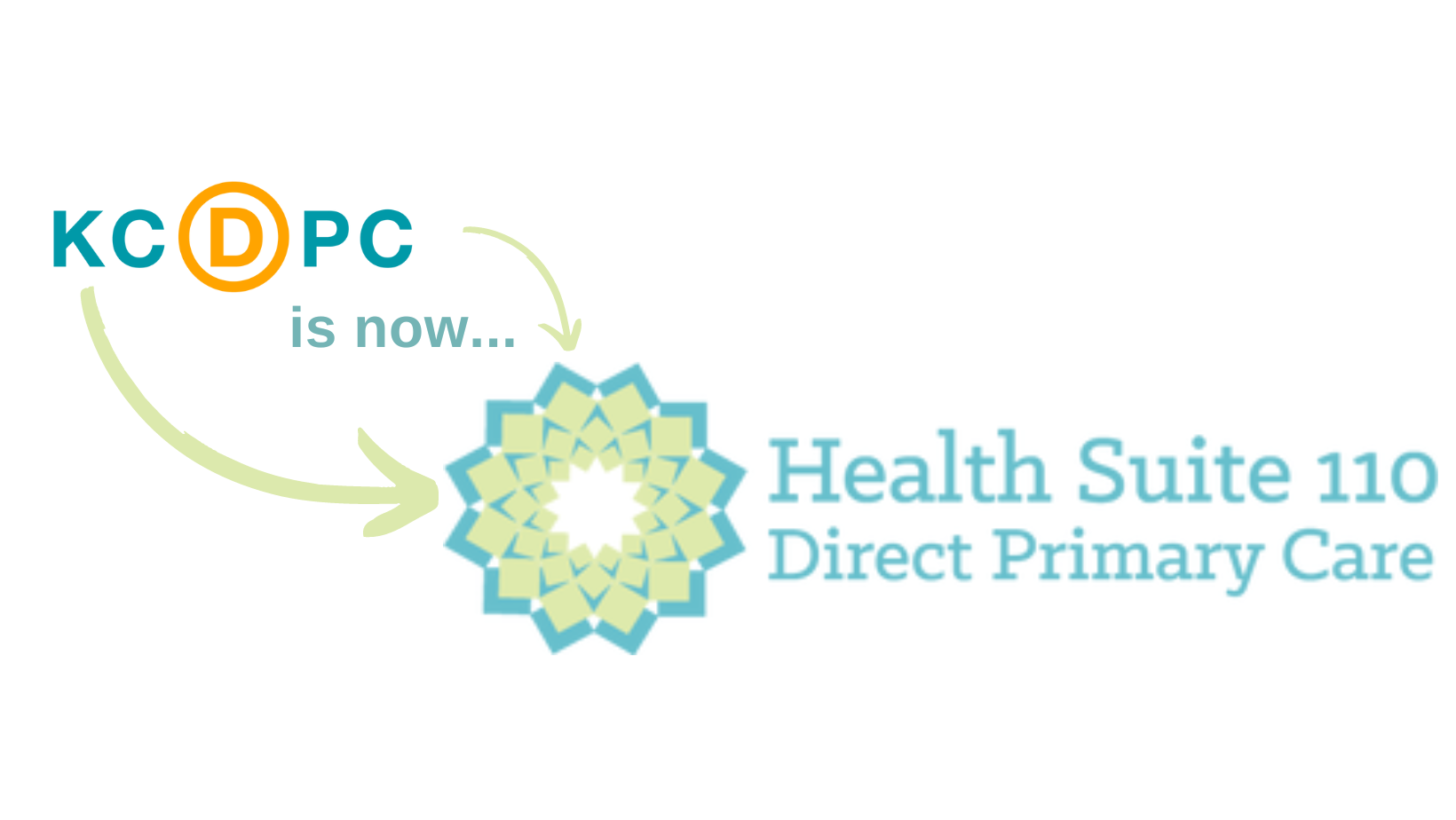Chalk it up to whatever you want — a night of tossing and turning, being sick, feeling stressed at work — but we’ve all been there: absolutely bone-tired.
Concerns about fatigue often bring people into my office. And it’s often hard to pinpoint exactly what’s behind this exhaustion.
Because fatigue can be caused by so many things, we start by asking some pretty basic questions.
When did it start? Did it start suddenly? Or was it more of a slow progression? Has it been getting worse? Has it happened before? Is anything else going on — with your health, in your life, with your eating? How is your mood? And is anything different with your sleep?
I often tell my patients I’m a detective; I work better if I have good clues and hints going into my investigation. The answers to these simple questions help tremendously when we’re working together to get to the bottom of their concern.
If we can’t find an easy explanation using these questions, we can start doing some basic lab tests and exams. Your doctor will help you decide the best next steps to figuring out why you might be feeling fatigued, but they may start with any one of the following:
- Complete physical exam, checking your vital signs, listening to your heart and lungs or other elements based on your concerns
- A complete blood count to take a look for anemia or imbalance in your white blood cells
- A metabolic panel that inventories the function of your body on a very microscopic level — things like kidney and liver function and acid-base balance, among other things
- Thyroid hormone testing, since the thyroid is the regulator of so many systems.
- Testing for infections that can run the gamut from mono or HIV to the flu or strep throat
- Possibly getting radiology imaging — depending on what your doctor is concerned about
If you’ve done a quick web search for causes of your fatigue, you’re likely worried about some pretty concerning stuff: thyroid disease, anemia, autoimmune diseases — or even cancer. The good news is that for the majority of people, these things are not the root cause. Really!
Sometimes the best medicine is time. Many doctors suggest re-focusing on the foundations for a healthy life: getting good sleep, working to reduce or eliminate stress when you can, eating well, avoiding alcohol, and skipping caffeine (either all together or close to bedtime).
Sometimes these lifestyle adjustments can be enough to help cut fatigue and get you back to feeling refreshed when you wake up. that can lead to ongoing fatigue.
If you’re still feeling fatigued, you can count on us to help! If you’re not a member currently, check out our services & fees or reach out with any questions.
A slightly modified version of this piece originally appeared on the Sesame blog and is reposted here with permission. Read more from Sesame at https://medium.com/sesame.
